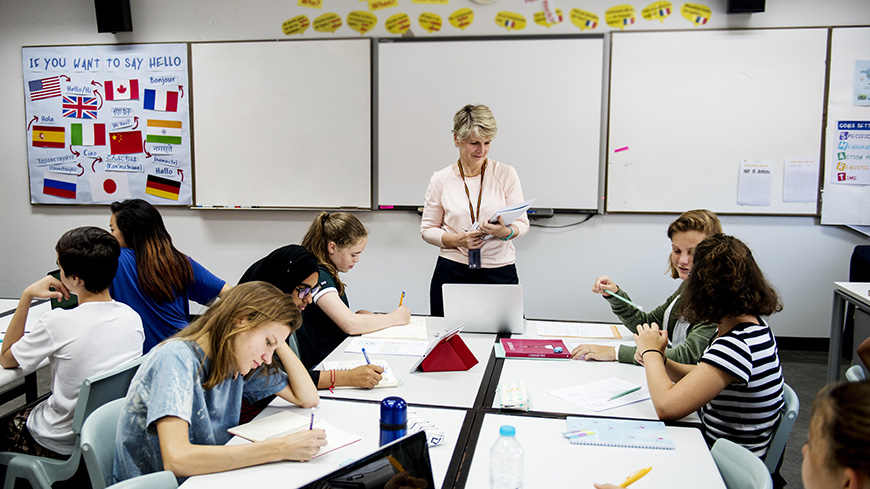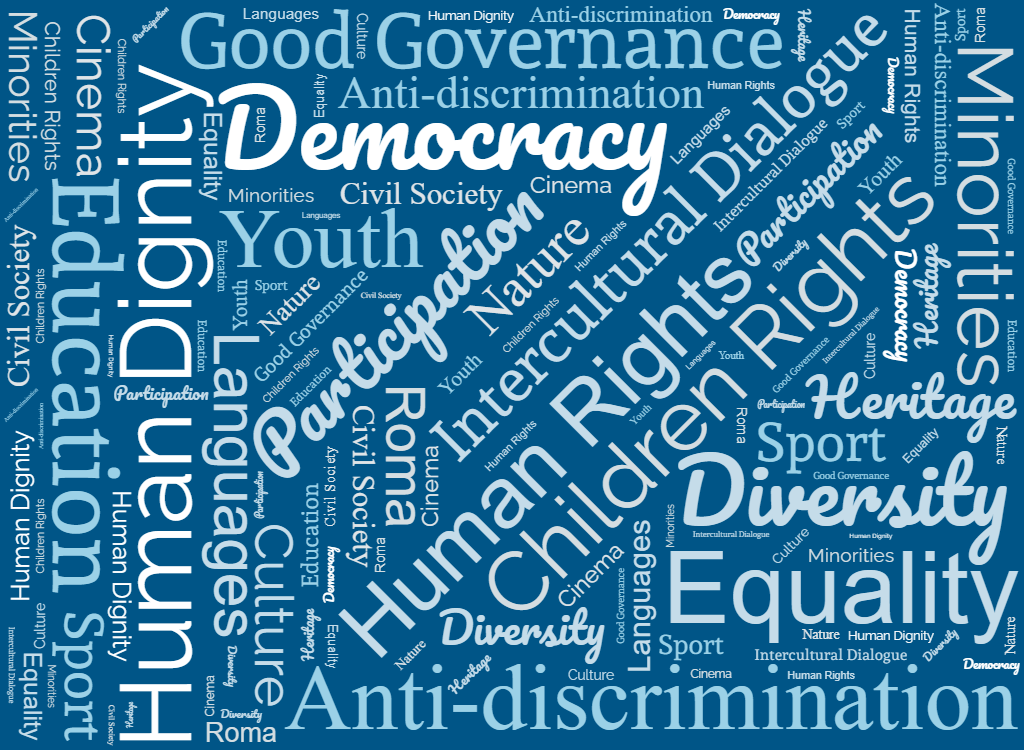The first meeting under the new programme “Language education at the heart of democracy” (2024-2027) launched by the Council of Europe’s European Centre for Modern Languages (ECML) took place in Graz, Austria on 25-26 January 2024.
Supporting the integration of children from different linguistic backgrounds into national education systems, enhancing ongoing assessment for language learners, the opportunities and threats presented by the growth of artificial intelligence – these are some of the challenges identified by European teachers of languages in a survey conducted by the ECML with Ministries of Education in autumn 2023. The new programme will help to address these challenges and concerns.
Among the individual projects featured in the new programme are:
- AI for language education
- Deeper learning in the foreign language classroom: pluriliteracies for global citizenship
- Unlocking educational opportunities in sign languages in Europe
- Fostering the plurilingual wellbeing of language teachers
- A toolkit for implementing integrated didactics in language education
- Developing competences for democratic culture for young learners through language education
- Using ECML resources to support plurilingual and intercultural education for democratic culture
- Content and Language Integrated Learning (CLIL) teaching materials for 21st century competences
The ECML programme, which includes co-operation actions with the European Commission, will also provide training and consultancy in language education (around 40 workshops each year), a series of think-tanks sessions and a Summer academy for language teachers educators.
The programme of the European Centre for Modern Languages is based on the priorities of the respective Enlarged Partial Agreement and is closely aligned to the Recommendation CM/Rec(2022)1 on the importance of plurilingual and intercultural education for democratic culture.

2024 marks the 30th anniversary of the Enlarged Partial Agreement on the European Centre for Modern Languages. Initially established in Graz, Austria on 8 April 1994 with eight founding states. The Centre currently has 36 member states, with Spain being the most recent accession (in April 2023).




